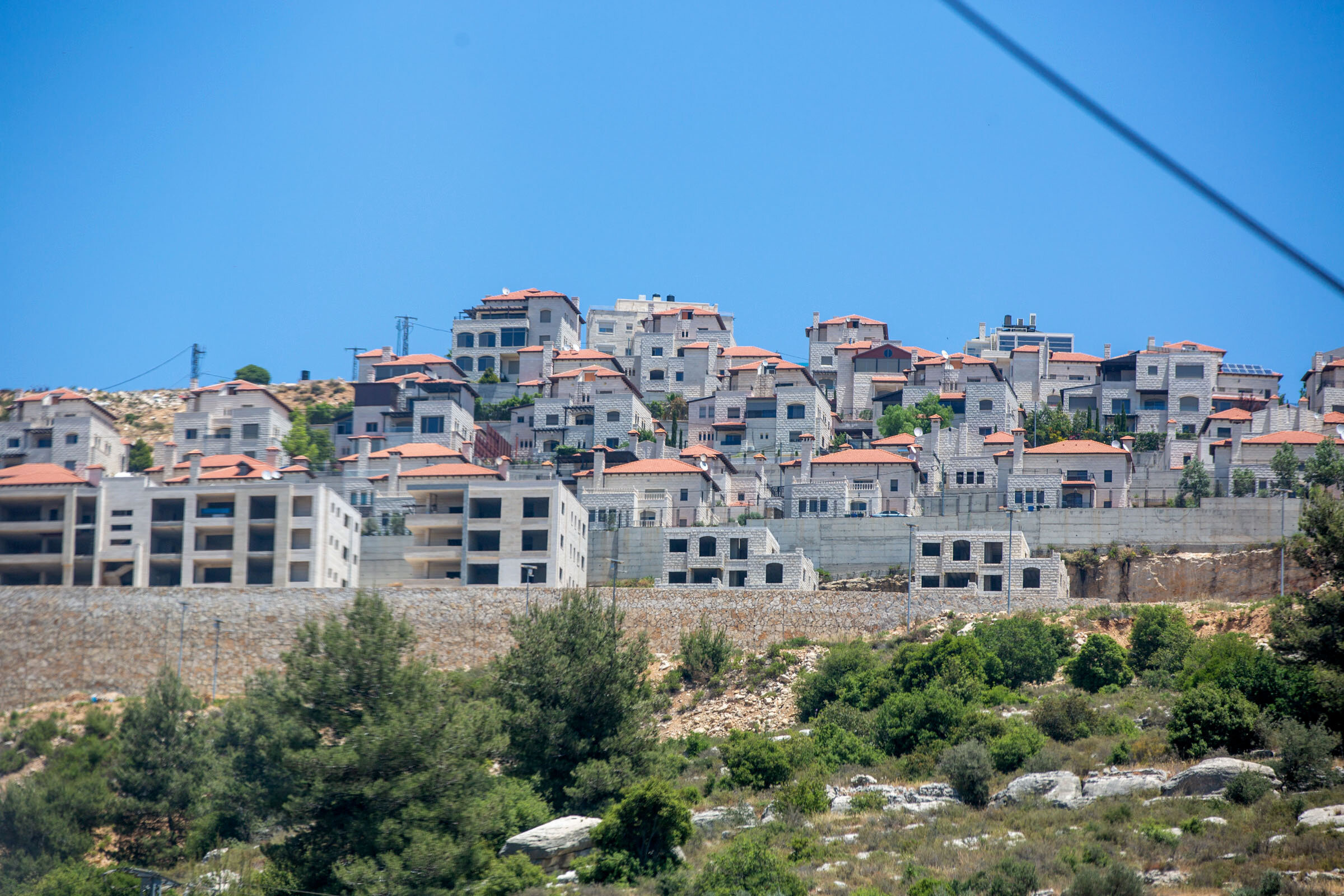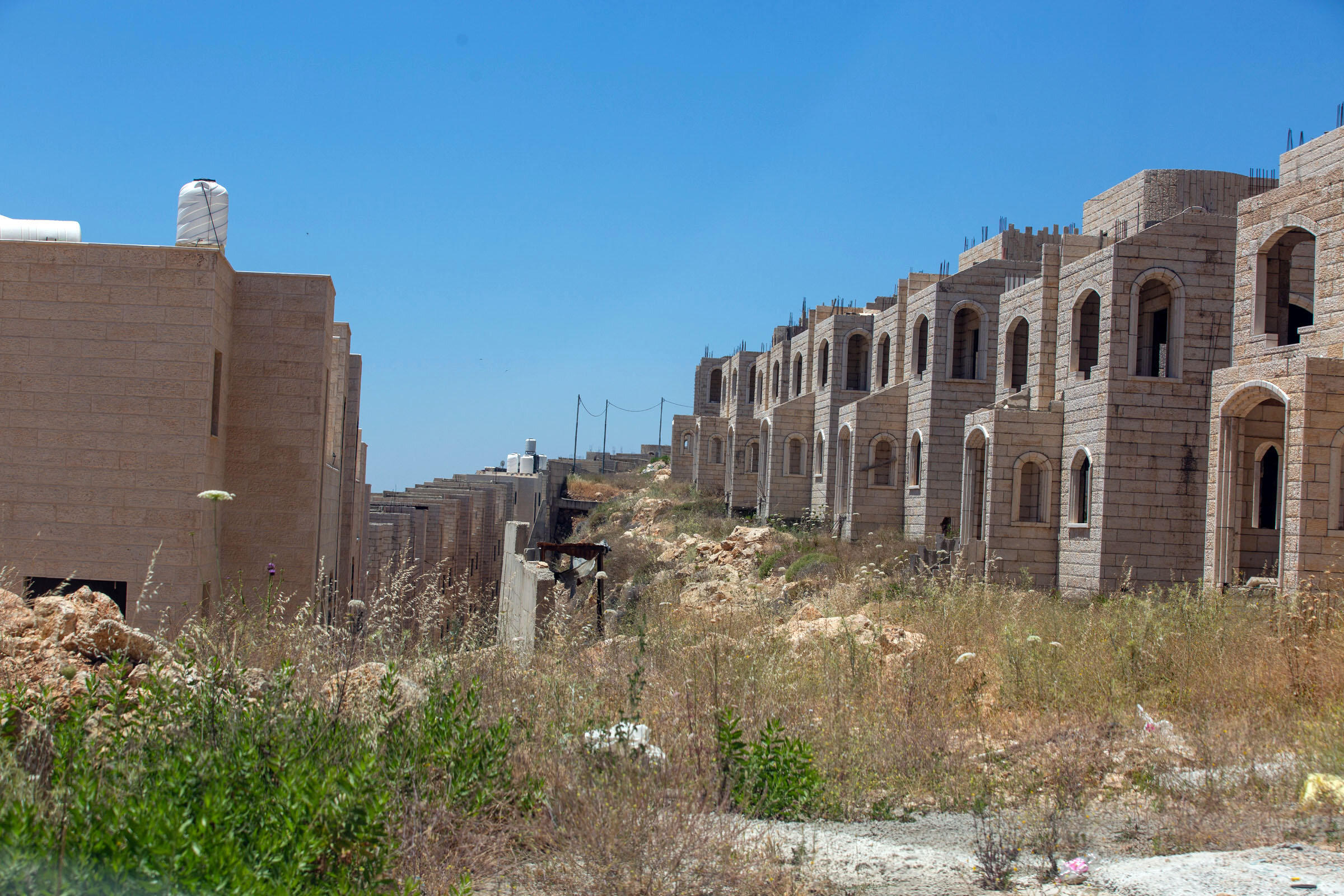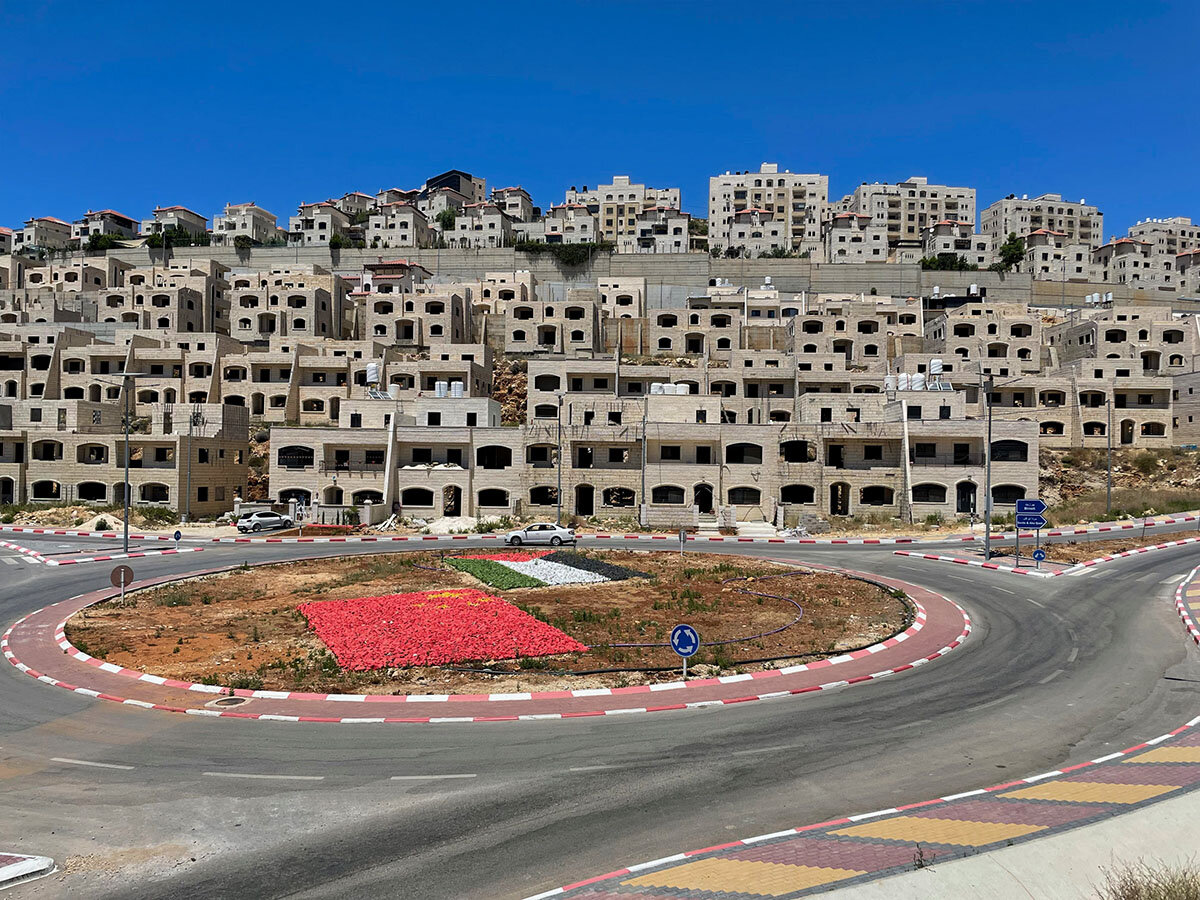Raja Shehadeh
After the glorious peace agreement with Israel known as the Oslo Accords was signed in 1995, all that remained to do was to find an appropriate manner to express the nation’s gratitude for the hard and successful work of the Palestinian diplomats.
Serious thought was given to the matter, until eventually the head of the new Palestinian Authority determined that the grant of a house was the best reward to give Palestinians whose homes were repeatedly stolen or destroyed time and again by Israel. And so a neighborhood dubbed The Diplomats’ Quarter dedicated to the hard working heroes came into being.
During its long occupation of the West Bank, Israel had taken huge tracts of Palestinian hectares, which it first proceeded to declare public land. Only Jewish settlers could benefit from these areas. Yet after investigations were undertaken by the Palestinian Authority it was revealed that there remained a few tracts of public land here and there within ‘Area A’ that the diplomats had succeeded in wrenching from Israeli hands and placing under the exclusive territorial jurisdiction of the Palestinians. These plots were registered in the name of the treasury from the time when Jordan was responsible for the area. Whereas it was within the power of the PA to dispose of these lands as it deemed fit, it was decided that there was no better use of this scenic land than to grant it free to the diplomats.

And so, on the slope of one of the still-untouched hills north of Ramallah, the work of digging up this pristine hill began. To save money a retaining wall was not built and the rubble extracted for the foundation and infrastructure was instead deposited on the lower terraces, which were still in private ownership. What had stood as a gently sloping hill in the open area north of the city soon turned into a construction site. With the gorging that was taking place it looked like a wound in the landscape which with the piling rubble seemed like it was lacerating.
Those responsible for the project were pleased of their choice of location and could not stop marveling at how wonderful it would be that, once the work was completed, the face of the hill visible from the city would be the site of the diplomats’ neighborhood standing there for all to see – a shining trophy of how the Palestinian Authority rewards its officials for their successes.
The guidelines given to the architect were in line with the Palestinian Authority’s espousal of the principle of egalitarianism and non-discrimination; thus, each of the houses would have to be the same size as the other. And so the diplomats’ houses came to be built in rows with one identical house snuggled up to the one after it. The architect who conceived of the plan for the project came up with a design of reams of buildings strapped along the belly of the hill with one row of houses behind another.
When the contractor finished his work the area looked just like an Israeli settlement, with rows of similar houses rolled out side by side. The Palestinian Authority seemed to think this was fine. But among the city’s inhabitants opinion was divided. Those who were enthusiastic about the likeness thought that it proved that the settlements Israel built on our hills were no longer to be an exclusively Israeli trademark. Palestinians were just as competent of conferring their own claim to the land, and just as capable of transforming the Palestinian landscape. Others, however, felt pained that the Palestinians of all people were copying images of American suburbia. But what distressed this group even more was the visual similarity between the Diplomats’ Quarter and an Israeli settlement.
When at long last the contractor was ready to hand over to each of the diplomats the keys to their new home, a number of them, who were accustomed to more sumptuous living conditions, found that the workmanship was so shoddy that they did not want to move to these homes granted to them free of charge. So for hefty amounts they sold their homes to others who were anxious to move out of the busy and crowded city and live in what they believed was superior housing fit for diplomats, in a quarter that continued to bear their name even after only a minority of diplomats opted to live there.

One of those who bought a house in the diplomats’ neighborhood was an acquaintance of mine. He told me that he found the state of the house he paid for so handsomely so atrocious that he had to demolish most of the inside and start all over. This was costly but given the astronomical price of land in Ramallah, he still thought he’d struck a good bargain.
All was going well with the remedial work until a pernicious problem with the piping surfaced, which seemed impossible to resolve. The water flow was very weak, really only a trickle, despite the fact that the water coming into the house from the outside entered the main pipe in strength. He consulted a number of plumbers and still the problem persisted.
One day he was standing outside his house inspecting the garden, when his next door neighbor passed by. He greeted him and asked how he was enjoying living in this grand neighborhood.
Grand it might be, he grudgingly agreed, but what sort of life can one have when the water coming through the taps is only a trickle. I wonder, he asked his neighbor, do you have the same problem in your house?
Ah, said the neighbor. We did until we discovered the source of the problem.
Why don’t you tell me, perhaps it might be the same in my house.
And indeed it was.
When the main pipe was dug out as the neighbor had advised, the problem was identified. The laborers who built these diplomats’ homes had decided to reward those heroes of the Palestinian cause with an appropriate national symbol. They saw the Palestinian flags fluttering proudly over the area of the project and decided to pull them down and stuff them into the main pipe through which water flowed into each unit. That way this project would be permanently stamped with the nationalist credentials it deserves.
As the owner proceeded to pull out from the narrow main pipe one crumpled flag after another, he told me he felt no anger only great relief when the water began to flow in great force to his house. He harbored no rancor at the workers who impressed him by their determination to make known their feeling about how the nation rewards its heroes.




